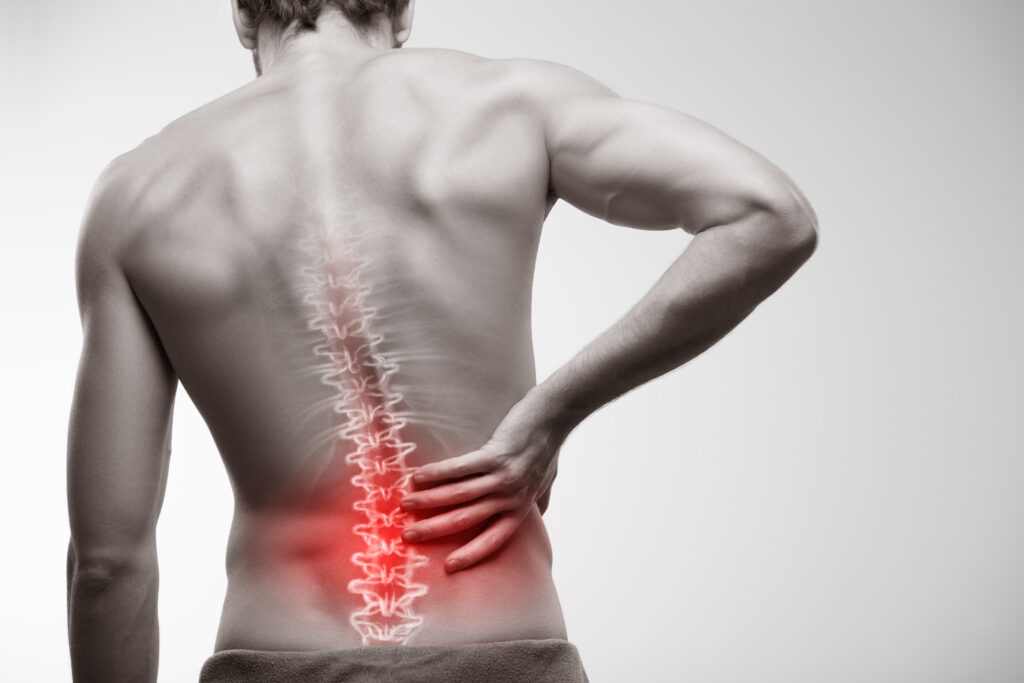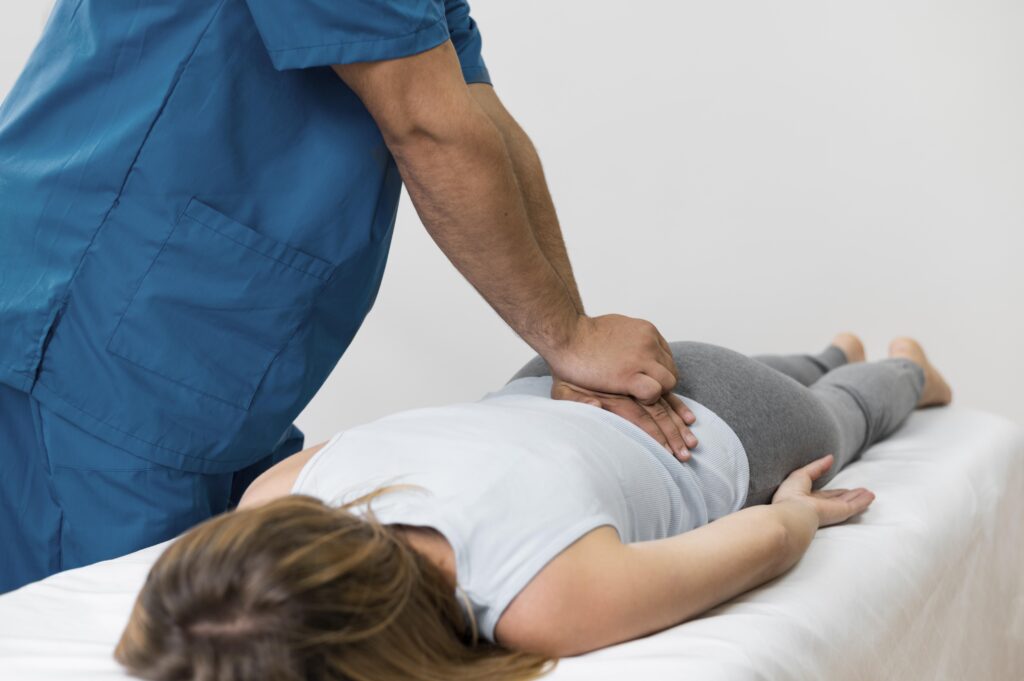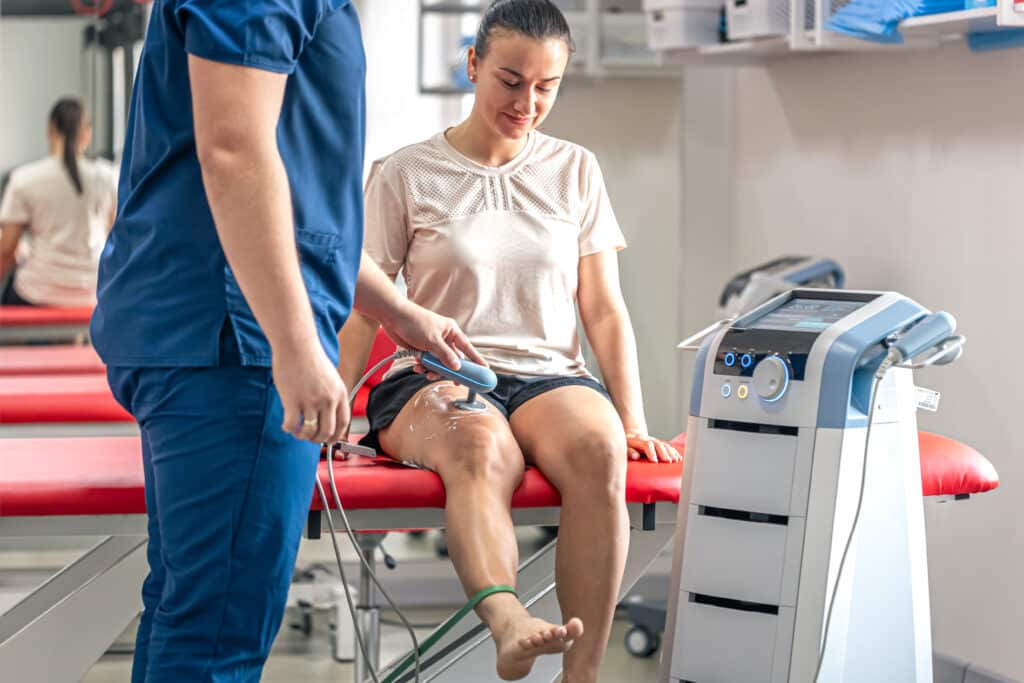Frozen Shoulder vs. Rotator Cuff Tear: How Physiotherapy + Orthopedics Work Together
Shoulder pain is one of the most common musculoskeletal complaints, especially among active individuals, office workers, and aging adults. Two frequently misunderstood conditions are frozen shoulder and rotator cuff tear. While both cause discomfort and restrict movement, the underlying issues—and treatments—are quite different. At German Medical Center, our expert orthopedic specialists in Dubai work hand-in-hand with physiotherapists to ensure a comprehensive recovery plan tailored to each patient’s needs.
What Is Frozen Shoulder?
Frozen shoulder, or adhesive capsulitis, is a condition where the shoulder joint capsule thickens and tightens, causing pain and significantly limited movement. It typically progresses through three stages—freezing, frozen, and thawing—over a span of months or even years.
Common symptoms include:
- Gradual onset of pain and stiffness
- Difficulty lifting the arm overhead
- Discomfort while sleeping on the affected side
This condition is often seen in individuals aged 40-60, especially those recovering from surgery or injury, or those with underlying conditions like diabetes or thyroid disease.
What Is a Rotator Cuff Tear?
The rotator cuff is a group of muscles and tendons that stabilize the shoulder and allow for a wide range of motion. A rotator cuff tear occurs when one or more of these tendons become damaged, either through trauma or degeneration over time.
Signs of a rotator cuff tear include:
- Sudden or gradual pain in the shoulder
- Weakness when lifting or rotating the arm
- Clicking or popping sensations during movement
Unlike frozen shoulder, a tear might be acute—caused by injury—or chronic due to repetitive stress or aging.
Frozen Shoulder vs. Rotator Cuff Tear: Key Differences
| Feature | Frozen Shoulder | Rotator Cuff Tear |
| Onset | Gradual | Sudden or gradual |
| Pain | Constant, dull ache | Sharp or aching pain |
| Movement | Severely restricted | Weakness with movement |
| Cause | Joint capsule thickening | Tendon injury or degeneration |
| Recovery | Long-term with therapy | May require surgery and rehab |
Understanding the difference between frozen shoulder vs rotator cuff tear is essential for determining the right course of treatment.
The Role of Physiotherapy in Shoulder Injury Treatment
Whether you’re dealing with a frozen shoulder or a rotator cuff tear, physiotherapy for shoulder pain plays a critical role in healing. At German Medical Center, our licensed physiotherapists design programs tailored to the type and severity of the injury.
- Manual therapy to improve joint mobility
- Strengthening exercises targeting the rotator cuff
- Stretching routines to regain range of motion
- Ultrasound or electrotherapy for pain relief
Early intervention with physiotherapy can prevent worsening of symptoms and reduce the need for invasive procedures.
When to See an Orthopedic Specialist
If you’re experiencing persistent shoulder pain, weakness, or mobility issues, it’s time to consult an orthopedic clinic in Dubai. At German Medical Center, our experienced team uses advanced diagnostic tools such as MRI, ultrasound, and physical exams to accurately assess your condition.
In the case of rotator cuff tears, surgery might be recommended if conservative treatments fail. Arthroscopic procedures can repair torn tendons with minimal downtime. For frozen shoulder, corticosteroid injections or joint distension techniques may be used alongside physical therapy for faster relief.
How German Medical Center Combines Orthopedics + Physiotherapy
Our multidisciplinary approach ensures that patients benefit from coordinated care. After a diagnosis, our orthopedic specialists collaborate with in-house physiotherapists to develop personalized recovery plans. This seamless care model helps patients:
- Reduce recovery time
- Minimize the risk of complications
- Improve long-term shoulder function
- Regain strength and flexibility faster

By treating both the symptoms and root causes, we offer comprehensive shoulder injury treatment under one roof.
Conclusion: Don’t Ignore Shoulder Pain
Distinguishing between frozen shoulder vs rotator cuff tear is the first step to healing. Ignoring symptoms can lead to chronic pain, loss of mobility, and long-term disability. The good news is that most patients recover fully with the right combination of orthopedic care and physiotherapy.If you’re suffering from shoulder discomfort, book an appointment at German Medical Center—a leading orthopedic clinic in Dubai—and take the first step toward a pain-free life.











